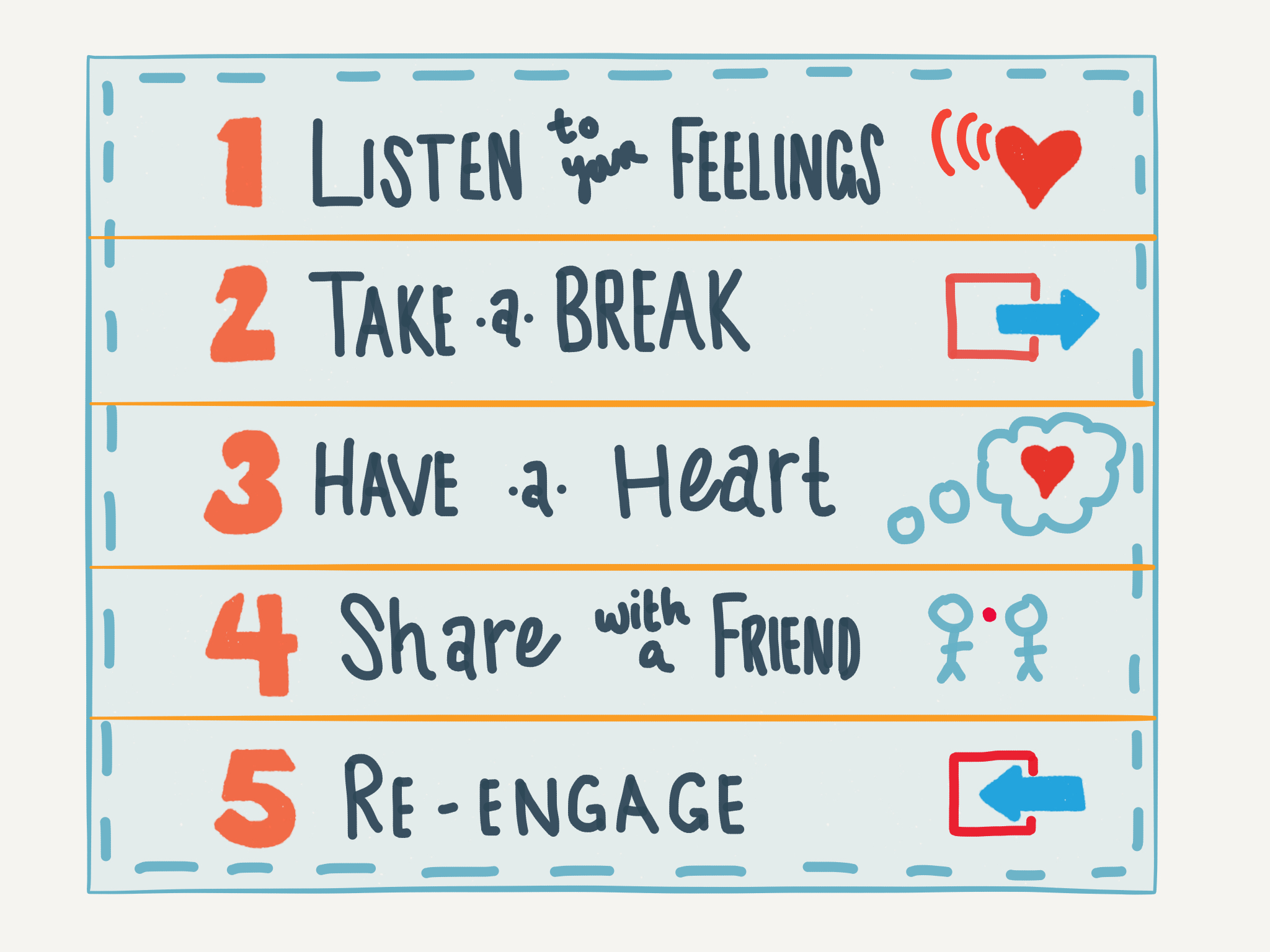
How to survive Thanksgiving (and the Holiday Season): A guide to keep in your back pocket
A quick guide on how to survive Thanksgiving by Connor McClenahan
So you’re driving over to the in-laws’ house for Thanksgiving. In the back of your mind are hopeful and idealistic images of a warm turkey, stuffing, and potatoes, coupled with such pleasant family conversation that you stop for a moment and reflect gratefully on your life. But as you reel in closer to your destination, another not-so-pleasant feeling emerges.
You begin to recognize this Thanksgiving is no Thomas Kinkade cottage, but a very real and very complicated family event that pulls you in like the tractor beam of the Death Star. So how do you survive Thanksgiving?
For many of us, the warm feelings of the holiday season have become paired with complicated family dynamics that leave us feeling more empty than full. How are we to enter into this season with gratitude and joy, while at the same time navigating a family environment that can drudge up so much within us?
The holiday season is one of the worst for mental health. Being around family does several things. Because a family is a system of interactions, with roles, expectations, and almost ritual behavior, it can have the tendency to snap us into a role within the system. Family also primes us to reflect upon our own childhood, which can be a source of deep pain. So what can we do? I want to give you some quick tips that will help you live from a place of gratitude and joy in the middle of complicated family affairs this holiday season.
5 Quick tips to help you survive Thanksgiving
- Listen to your feelings. Noticing your body’s reaction to the family environment is important. In fact, without noticing our emotional reactions we are unable to act differently. An easy way to do this is to notice your heart rate and breathing. When you’re anxious or stressed, your heart rate and breathing will be elevated.
- Take a break. When you’re starting to feel anxious, stressed, or angry, you don’t have to stay in the situation. In fact, it’s best that you find a way to regulate your feelings. If we don’t self-regulate, we set ourselves up to act out in destructive ways. Depending on your level of stress, self-regulation looks like pausing to take a deep breath, going to a different room, taking a walk, or leaving the house.
- Have a heart. This step is important. If you step away for a moment but never take time to think differently, you might return to the same situation with the same feelings. So have a heart. Take a moment to have some empathy for yourself and for your family. This might look like saying something to yourself like, “I’m doing the best I can”, “this situation brings up a lot for me”, or “I really am having a tough time”. Also, take a moment to try on another way of picturing the family interaction. Try to place yourself in another’s perspective by saying something to yourself like, “each person here might be having a hard time too”.
- Share with a friend. Consider talking with someone you know can understand how hard this is for you. It could be a trusted member of your family, or even a friend you could call. Tell them how you had to pull back, and how you’re trying to see it differently. Sometimes simply speaking our experience to another person can help us to feel understood.
- Re-engage. If you feel comfortable, re-engage with your family. Let yourself return to the situation, and notice how you’re feeling as you come back.
A pocket guide can pave the way, but as you begin to pull into the tractor beam of the family dynamics, it can be hard to care for yourself. You may feel you “shouldn’t” be feeling this way, or you that you really just need to try harder to be sociable. The thing is, these are the very feelings that keep us under pressure and lead us to say or do things we regret.
This is why many people see a therapist during the holidays. The way we feel and act in our families often runs deeper than a blog article can address. And that’s normal. We are as complex as our families, and becoming the people we want to be, takes time and effort. But help isn’t far. Feel free to contact me. Let’s talk together about how you can experience greater presence, connection, and wholeness in your life… and with your family.
So as you drive toward your family holidays, know that caring for yourself makes a difference.

